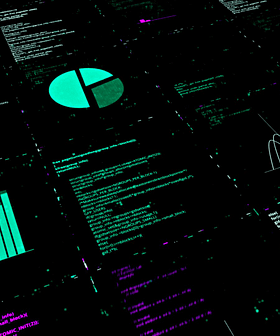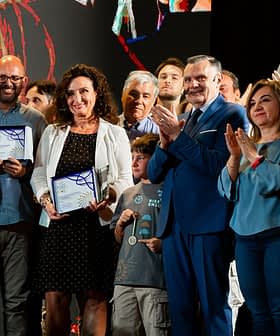An international research project on olive oil authentication is to be launched late this year, or early the next, and funded by the European Union.
Open to E.U. Members States and “any international cooperation in science and technology,” the terms of the study — part of the Horizon 2020 program — will be guided by a workshop that was held in Madrid earlier this week with 22 of the world’s olive oil experts, the European Commission said in a statement today.
Workshop on Olive Oil Authentication
The Scientific Workshop on Olive Oil Authentication was organized by the Commission’s Agriculture and Rural Development Directorate-General, the Institute for Reference Materials and Measurements (IRMM) at the Joint Research Center (JRC- the Commission’s in-house science service), and the International Olive Council (IOC).
In a broad overview released today, the first day was comprised of two sessions: one on trade standards, regulations and fraud cases, and the other on the state-of-art and challenges in olive oil authentication.
The second day was based on an interactive approach — known as the World Café concept — under which participants discussed “the ways to detect soft deodorization and adulteration of olive oil to ensure its authentication,” the statement said.
Trade standards, regulations and fraud cases
No more details have yet been released, but according to a copy of the workshop agenda released by the Commission, there were welcoming statements Monday by IOC executive director Jean-Louis Barjol, the Commission’s director-general of Agriculture and Rural Development José Manuel Silva Rodríguez, and IRMM director Elke Anklam.
Those were followed by the first session, chaired by Italy’s Lanfranco Conte, a food science expert from Università di Udine, during which Barjol spoke about the current market for olive oil, and Sandrine Valentin from the Commission’s olive oil and horticultural products unit spoke about olive oil trade standards around the world.
Angela Sheridan, of the Canadian Food Inspection Agency; and Juan Ramón Izquierdo, the Spanish Ministry of Agriculture, Food and the Environment’s olive oil tasting panel chief; addressed the topic of fraud in the olive oil sector, according to the agenda.
Olive oil authentication
The second session, on the state-of-the-art and challenges in olive oil authentication, was chaired by Franz Ulberth, head of the IRMM’s Food Safety and Quality Unit.
Christian Gertz, director of the Official Institute of Chemical and Food Analysis in Hagen/Westphalia, Germany, was scheduled to join Spain’s Ramón Aparicio, who chairs the European Federation for the Science and Technology of Lipids, to speak on methods of determination of the quality of olive oil.
Methods of detection of deodorized olive oils was the title for a talk by Edwin N. Frankel, senior scientific adviser of the UC Davis Olive Center in the United States.
Later, Nelson Marmiroli, of Italy’s Università degli Studi di Parma, Rodney Mailer, research fellow and adjunct professor at Australian Oils Research, and Dr. Conte were to speak on methods of detection of adulterated olive oils.
Concern over trade barriers in the U.S., Australia and Japan
The European Union Advisory Group on Olives and Derived Products is due to hold one of its usual two annual meetings tomorrow in Brussels.
The agenda items include updates on the Commission’s action plan for the European olive oil sector, on European Union agriculture policy reform and on the state of play with the IOC budget.
Also on the agenda are: “non-tariff barriers to trade: USA, Japan and Australia,” “pesticides use in the USA,” and “elimination of custom duties applicable to table olive in USA and India.”









